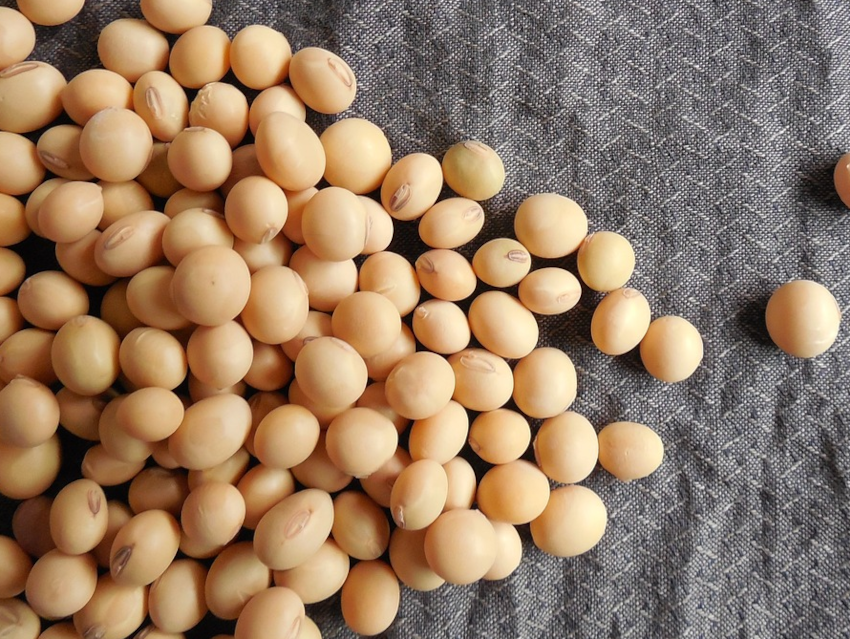Ice recrystallization can affect the quality of frozen foods over time, resulting in “freezer burn”. When thawed, foods damaged by freezer burn tend to lose their texture and become mushy. Some animals that live in sub-zero climates produce antifreeze proteins to prevent damage to their cells. These proteins slow down ice crystal formation and growth, a process that is of interest to the frozen food industry. Some peptides can also inhibit ice recrystallization. However, the edible peptides tested so far have come from animal sources, so a vegan alternative would be useful.
Tong Wang, The University of Tennessee, Knoxville, USA, and colleagues have searched for plant-based peptides that can be used as ice recrystallization inhibitors and found that soy protein isolate (SPI) hydrolysates show promising activity for this application. The team generated peptides from a commercially available soy protein isolate powder using three different hydrolyzing enzymes: alcalase, pancreatin, and trypsin. Following the enzymatic hydrolysis, the resulting peptide mixtures were fractionated using size-exclusion chromatography. The molecular weight distributions of each hydrolysate and each fraction were analyzed using high-performance liquid chromatography (HPLC). The team used a standard assay to measure the ice recrystallization inhibition activity of the hydrolysates and fractions.
The researchers found that all of the hydrolysates slowed ice recrystallization. The mixtures that were produced using alcalase and trypsin were better inhibitors than those that were prepared with pancreatin. The fractions that include most of the larger peptides showed the highest activity. The work could be an initial step toward using soy-derived peptides to reduce ice recrystallization and increase the shelf life of frozen foods, including vegan and vegetarian products.
- Ice Recrystallization Inhibition Activity of Soy Protein Hydrolysates,
Madison Fomich, Vermont P. Dáa, Uvinduni I. Premadasa, Benjamin Doughty, Hari B. Krishnan, Tong Wang,
J. Agric. Food Chem. 2023.
https://doi.org/10.1021/acs.jafc.2c08701




